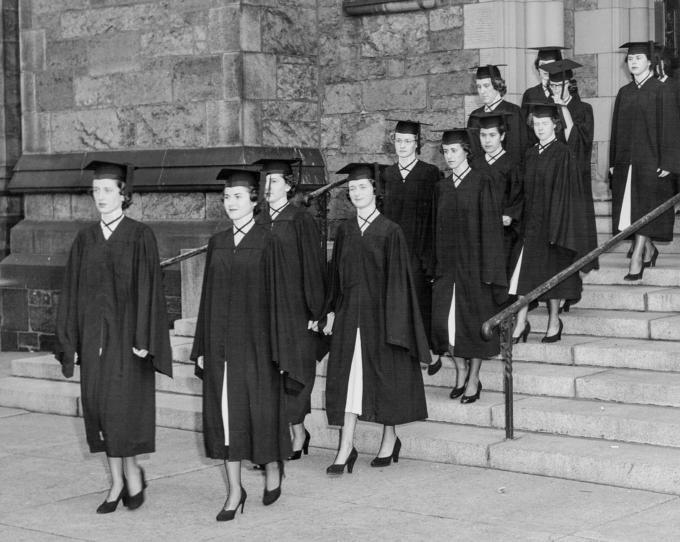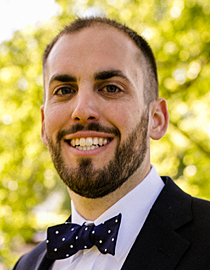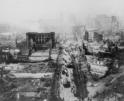
Culture

Lester
This month, Emmanuel College in Boston celebrates its 100th anniversary. It was founded by the Sisters of Notre Dame de Namur -- whose history this column has discussed previously -- but warrant our attention once more to mark this special occasion.
The first sisters arrived from Cincinnati, Ohio, in 1849 to staff St. Mary Parochial School in Boston's North End neighborhood. In 1853, they established the Academy of Notre Dame on Lancaster Street in Boston, a day school for girls, and the following year a second school by the same name in Roxbury, the first boarding school for girls in the archdiocese. Over the ensuing decades they would expand around the archdiocese, establishing new schools or assuming oversight of education at parochial schools.
It is to the Lancaster Street Academy, however, that Emmanuel College may trace its earliest roots. In 1864, the day school moved to Berkeley Street in Boston but, by the early 20th century, would need to move again due to the growing number of students. A new site for the school was found in Boston's Fenway neighborhood, and an eight-acre plot of land encompassed by the Riverway, Avenue Louis Pasteur and Brookline Avenue purchased for that purpose.
The cornerstone for a new convent and school was laid on July 25, 1914, and classes commenced in the new school in Sept. 1915. Four years later, the school opened a new college department for day students, incorporated as a college two years later -- the first Catholic women's college in New England.
So fast did this new institution grow that by 1931 it was decided that the academy and college needed to be separated. While the college remained in the Fenway neighborhood, the academy was removed to 25 Granby Street, a former residence of Cardinal William H. O'Connell and once home to the archdiocese's administrative offices.
Since that time, the college has expanded by purchasing its adjacent land, adding or renovating campus buildings, and, likewise, expanding its curriculum. Once accommodations were completed, the college accepted residential students, and in the year before the college's 50th anniversary it saw residential students outnumber commuters for the first time. It continued as a women's college until 2001, when it welcomed its first co-educational class of students.
For more information about the college's centennial celebrations, including history and upcoming events, please visit centenninal.emmanuel.edu.
- Thomas Lester is the archivist of the Archdiocese of Boston.
Recent articles in the Culture & Events section
-
Boston and the nation respond to the San Francisco Earthquake of 1906Thomas Lester
-
See you in the storyLaura Kelly Fanucci
-
'Dignitas' and the mediaRussell Shaw
-
Scripture Reflection for April 14, 2024, Third Sunday of EasterDeacon Greg Kandra
-
St. Helena's House is established in the South EndThomas Lester


















